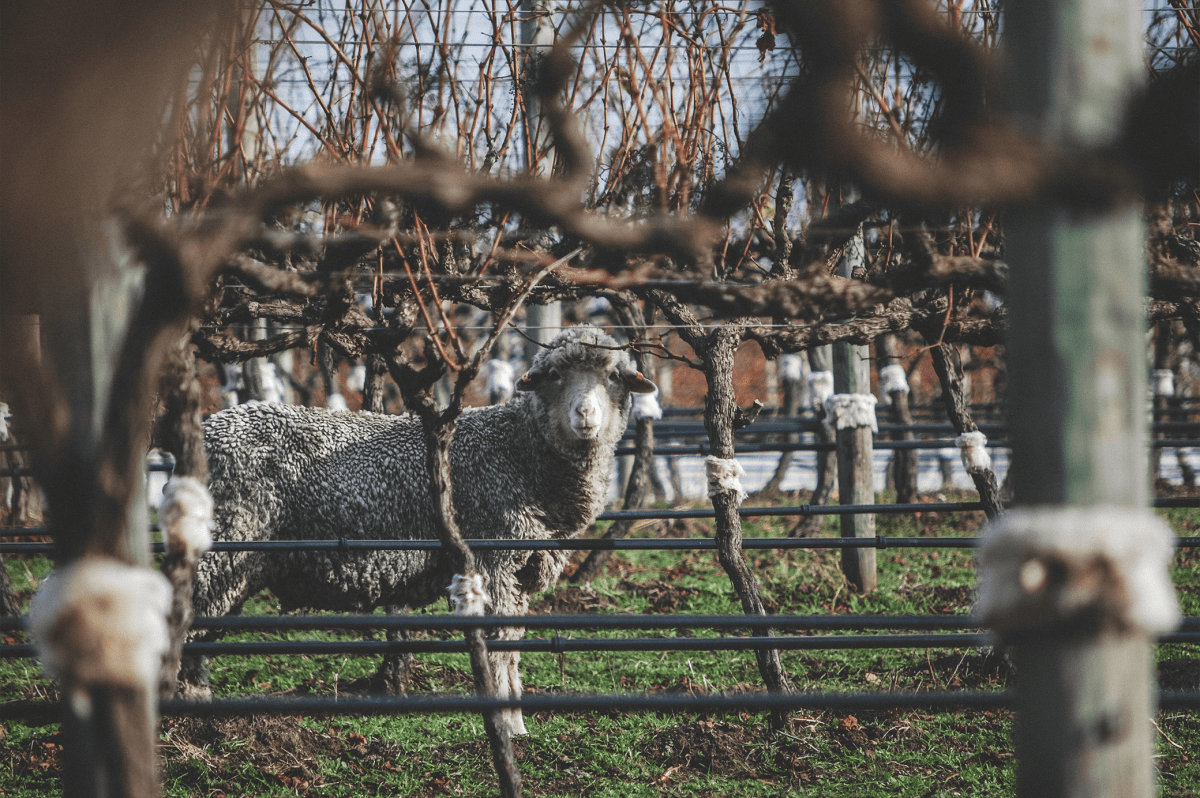Margaret River winery Voyager Estate has released its inaugural sustainability report, sharing its efforts towards biodiversity, organic winemaking, and reducing emissions.
As of this year, Voyager Estate has been Australian Certified Organic, meaning that no artificial products are used in the grape growing or winemaking process. The winery is also a member of Sustainable Winegrowing Australia (SWA) and International Wineries for Climate Action (IWCA).
Voyager Estate’s Head of Sustainability, Michelle McManus, explained why sustainability is so important for the winery.
“We have a genuine desire to pass on a resilient and sustainable business and legacy for generations to come. We are very fortunate to have a passionate and committed owner and leadership team, which drives and supports this desire, however it’s something the whole team owns, intuitively understands and, we hope, are proud to be part of,” McManus said.
Climate change is an issue that is already affecting winemaking at Voyager Estate.
“We have already started seeing seasonal changes in the vineyard – beyond simple anomalies and one-offs. So, we first and foremost need to acknowledge that climate change is happening, and we need to both prepare for and adapt our management to this challenge,” McManus said.
Revegetation and land care
Voyager Estate has been undertaking native revegetation programs since 2007, and to date the winery has planted 59,800 trees. Around 11 hectares of previously bare land has been revegetated, putting Voyager Estate in the top 10 per cent of all Sustainable Winegrowing Australia members. It has had significant effects on waterways and riparian zones and has proven to be a high-quality habitat for the vulnerable Western Minnow.
“I think many of the revegetation and land restoration efforts at Voyager have a special place in our heart because they not only have a real and visible impact, but they have involved different members of the team over the years,” McManus said.
In addition, Voyager Estate has become the custodian of the Boodjidup section of the iconic Cape-to-Cape hiking track.
“It’s a fantastic program and our involvement was initiated by Voyager staff 10 years ago. It was clear that we need to do our bit to ensure that the catchment ‘downstream’ of us is kept in excellent condition, as well as look after our own patch of land. The Track is supported by a not-for-profit community group called the Friends of the Cape-to-Cape Track Inc, and they have a program allowing organisations like Voyager (and anyone) to ‘adopt’ a section of the track. This means cleaning up rubbish, clearing weeds, pruning when needed and making sure signposts are clear for hikers and the public to enjoy. We do this four times per year, which over the years has added up to around 1,000 volunteer hours of track care and maintenance,” said McManus.
Voyager Estate has also made steps to decrease packaging waste and is trialling a transition to lightweight glass bottles. The bottles have decreased in weight from 530 grams to 420 grams, meaning that nearly 21,000kg less glass is made, used and transported.
Industry and retail
McManus has noticed that more members of the winemaking industry are considering sustainability.
“From a broader industry perspective, there’s clearly been some growth in the development of sector-wide sustainability programs and standards, and more active promotion of those among businesses,” she said.
She pointed to industry bodies such as SWA and IWCA as evidence of the importance on collaboration on the issues of environmental sustainability.
“Some of this is clearly a direct response to the needs of customers, particularly export customers in Europe who want to see other countries match their own rigorous sustainability standards,” McManus said.
McManus explained the importance for retailers of understanding the sustainability stories of the wines they carry.
“Consumers will probably expect that retailers have done the checking on their behalf – this is where certification, accreditation and other trustmark or verification processes can help,” she said.
In the future, McManus hopes to see retailers prioritising sustainable brands in their stores.
“Ideally, we’d want to see liquor retailers elevate sustainability credentials in their purchasing, be willing to ‘weed out’ insincere and unverifiable claims and consider integrating minimum sustainability standards into their purchasing. This doesn’t mean everything has to be accredited – but it does require the retailer to do some of their homework on behalf of the consumer. I appreciate this is a transition, but that’s where it needs to head over time,” she said.

